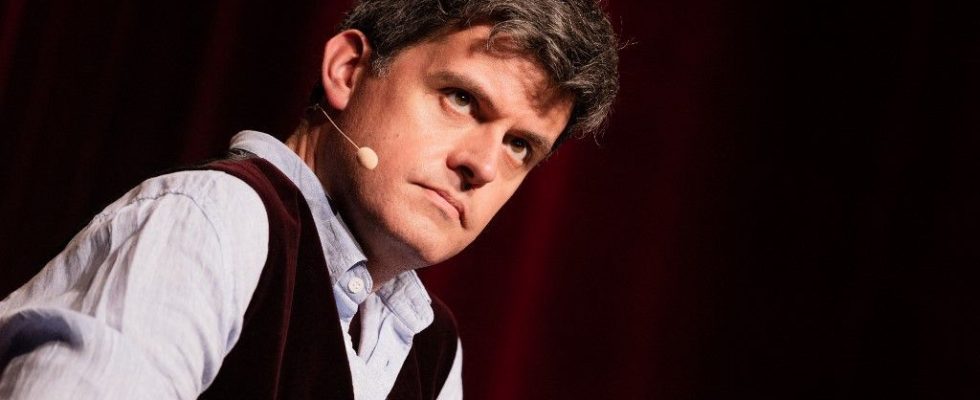To protest against the pension reform, the parliamentary opposition had announced a spectacular initiative: to organize a “republican procession” made up of several hundred deputies and senators to march to the Elysée and deliver “in person” a letter to the head of state. The same refused to go to the invitation of the Prime Minister, believing rightly that the decisions were not taken at Matignon.
One could not imagine a better parable of the institutional impasse in which the country is plunged. The representatives of the nation come to petition the prince-president, just as the women and national guards marched on Versailles in October 1789 to submit their demands to the king. The legislative power thus adopts, vis-à-vis the executive, the submissive posture of petition or mutiny. Any notion of parliamentary sovereignty seems abandoned.
So here is face to face a president who repeats that the reform was announced in his program and a Parliament, fairly faithfully representing the opinion of the population, which would have rejected it if he had been able to vote for it. This conflict of legitimacy is insoluble. The street is not mistaken: since the use of 49.3, it is no longer the postponement of the retirement age that is at stake, but the scheme itself, associated with the will of a single male. The dignified political relationship of the citizen to the law has turned into an infantilizing affective relationship between the French and the president. The latest novel by Marc Dugain, Tsunamitimely to illustrate the ongoing democratic crisis.
“We repeat the same mistake every five years”
The nerve center of the pains of our social body is the presidential election by universal suffrage. By entrusting our destiny to a person rather than to ideas, by choosing a master rather than representatives, we repeat the same error every five years which leads to the same frustration. This error was widely denounced, during the disastrous referendum decided in 1962 by General de Gaulle, by all that France had of democrats, from Pierre Mendès France to the President of the Senate Gaston Monnerville who rose against a “forfaiture” .
On the theoretical level, Alexis de Tocqueville perceived very early on the fundamental vice of the presidential election: reversing the order of precedence between the executive power and the legislature. During his study trip to the United States in 1831, he observed with a very critical eye a voting system then unique in the world and generating a feeling of perpetual crisis. In May 1848, as a member of the parliamentary commission in charge of the draft Constitution of the Second Republic, he opposed the principle of the election of the president by universal suffrage, fearing that French administrative centralization would not yet come. to increase the presidential omnipotence: “All the administration of the country in the smallest as well as in the greatest affairs could belong only to the president; the thousands of civil servants, who hold the whole country in their hands, do not could rise only from him.” Presidentialism and bureaucratization go hand in hand.
Return to the “real” institutions of the Fifth Republic
One could certainly dream of a Sixth Republic more in line with the democratic ideal. While waiting for such a revolution, I propose to simply return to the institutions of the Fifth Republic as drawn in 1958, with a president elected by indirect suffrage, keystone of the institutions and guarantor of the balance of powers, but removed from the game politician – like the German president for example.
In a famous alternate history, Georges Vedel, the doyen of the constitutionalists, imagined that de Gaulle had lost the 1962 referendum. The following presidential election would then have produced, as was his objective, insipid results. Vedel was betting on Antoine Pinay, former president of the center-right Council. “It will be the government, supported by the majority it can find, which will have to determine and conduct the policy of the nation on which the head of state will give it advice, sometimes firm, but not instructions.” The president will no longer be the father of the nation but his grandfather – or his grandmother. And so deliberation will take precedence over confrontation.
The announced reform of the institutions should be an opportunity to open this central debate. Otherwise, 2027 promises to push to its climax the always failed “meeting” of a man – or a woman – and a people.
* Philosopher and novelist, Gaspard Kœnig recently published “Contr’un. To put an end to the presidential election” (Editions de l’Observatoire).
